Medicine, genocide and crimes against humanity. Medicina, genocidio y crímenes de lesa humanidad. ENG ESP
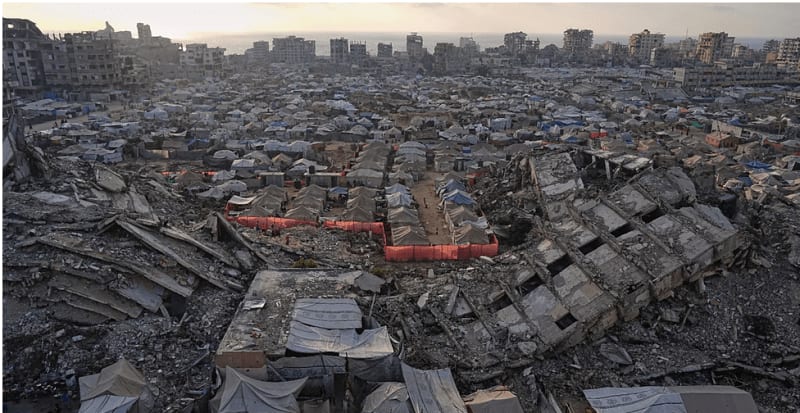
Accountability for human rights. Rendición de cuentas y derechos humanos
ENGLISH
Opinion. British Medical Journal
Medicine’s reckoning with genocide and crimes against humanity
30 October 2025
Rubin Minhas, managing partner1, Duha Shellah, chair2, Nick Maynard, professor of surgery3, Guy Goodwin-Gill, emeritus professor of international refugee law4, Iain Chalmers, cofounder5, Gene Feder, professor of primary health care6
Accountability for human rights must guide every collaboration in medicine and science
From Darfur to Tigray to Myanmar, attacks on healthcare have become a weapon of war. The destruction of hospitals and killing of healthcare workers in Gaza has been an integral part of what a United Nations (UN) inquiry has deemed to be genocide in Gaza.12
Genocide, together with the 11 crimes against humanity (including torture, rape, forcible transfer, persecution, and apartheid) and war crimes, are collectively known as atrocity crimes.3 The prohibition of genocide is an absolute rule (jus cogens) of international law—so fundamental that no government can ignore or override it. Every state is bound to prevent, stop, and punish those responsible. Early warnings often come from civil society and journalists, then non-governmental organisations such as Human Rights Watch and Amnesty International.45 Formal early warning systems can predict atrocities up to a year before mass killing begins.6
Atrocities are recurrent, exposing a systemic failure of prevention. As in public health, the precautionary principle demands action amid uncertainty. For medicine, that means disengaging from institutions implicated in genocide—refusing collaborations that sustain impunity. Acting early is both a humanitarian and professional duty—the antidote to paralysis as the world grows desensitised to violence.7
History shows that what medicine once defended as neutrality under slavery, apartheid, and Nazism was later condemned as complicity. The same tension now faces academia. Responses to Israeli human rights abuses in the Occupied Territories have been largely grassroots, coalescing through professional networks and campaign alliances. In 2015, more than 300 UK academics pledged non-cooperation under the Palestinian Campaign for the Academic and Cultural Boycott of Israel,89 yet a decade later no UK university has severed ties. Partnerships such as the Britain-Israel Research and Academic Exchange Partnership link UK universities and medical charities1011 to Israeli institutions with reported involvement in defence related research, including drones and missile technology.121314
After Russia’s invasion of Ukraine, UK Research and Innovation suspended grants and universities severed partnerships—treating boycott as a moral imperative.15 Such double standards expose the absence of guiding principles and risk complicity with governments and institutions either failing to prevent, or actively engaged in, atrocities. What is needed is a transparent process for justifying ethical disengagement when the risk of atrocity arises—balancing preventive action with important values such as academic freedom and scientific universalism.
Atrocity makes universality impossible by destroying the equal moral position on which it depends. The philosopher John Rawls captured this ideal through his veil of ignorance: decisions are fair only when made as if one could be anyone, ensuring that every life holds equal worth.16 Genocide and crimes against humanity negate that premise, deciding in advance whose lives do not count. In such conditions, neutrality must be active—maintaining equal moral distance to uphold the rights of all peoples. When medicine or academia continue collaboration instead, academic freedom becomes privilege, scientific universalism becomes partiality, and silence becomes complicity.
Concerns that individual clinicians might be disadvantaged by academic disengagement are misplaced; existing guidance17 and scholar-at-risk schemes18 protect individuals while suspending ties with institutions formally implicated in atrocity. Disengagement from institutions implicated in genocide remains the only means of restoring moral equipoise.
Disengagement interventions like sanctions and consumer boycotts can wield both economic and moral force; their power lies in moving markets and conscience. But in health and academia, the purpose is ethical disengagement to avoid complicity.
The Nestlé boycott,23 the rejection of tobacco sponsorship,24 and academic boycotts of Israeli institutions by the Middle East Studies Association25 and the American Anthropological Association26 share that intent: refusal to collude with harm.
Ethical double standards corrode our principles: the Modern Slavery Act demands corporate transparency,27 yet no duty requires scrutiny of collaborations with institutions implicated in atrocity.
Medicine already follows non-statutory standards—ethics committees, conflict of interest declarations, and frameworks such as CONSORT and PRISMA—that carry moral force without legal mandate. Aligning medical ethics with jus cogens norms would close the gap between legality and morality, holding medicine to the same universal standards that govern humanity. One question, examining the human cost, should guide us: does a collaboration risk complicity in genocide or crimes against humanity?
Ethical engagement should begin with human rights statements that disclose links to institutions or states implicated in atrocity across all research, grants, ethics reviews, and publications. Institutions can embed such due diligence—as Erasmus University has done by reviewing partners, their military ties, and human rights records—so accountability crosses borders.17
Real time field reports from non-governmental organisations offer more practical evidence for prevention than probabilistic early warning models28 or retrospective rulings by the International Court of Justice.
Clear signals should guide judgment: gravity—the scale of the crimes; necessity—when disengagement is among the few levers left; effectiveness—whether disengagement shifts incentives or reduces harm; universality—whether inconsistent responses imply some lives count for less; and entanglement—when collaboration creates moral or material ties or offers reputational cover.
Nearly eight decades after the Genocide Convention in 1948,29 prevention has advanced in principle but faltered in practice. Many states remain indifferent, but medicine must not.30
Beginning with genocide, medical and academic leaders have a duty to implement reforms to safeguard the line between valuable collaboration and toxic complicity, break institutional silence, and declare medicine’s commitment to the right to existence and life for all peoples, in all states.
Footnotes
Competing interests: The authors declare they have no conflicts of interest.
ESPAÑOL
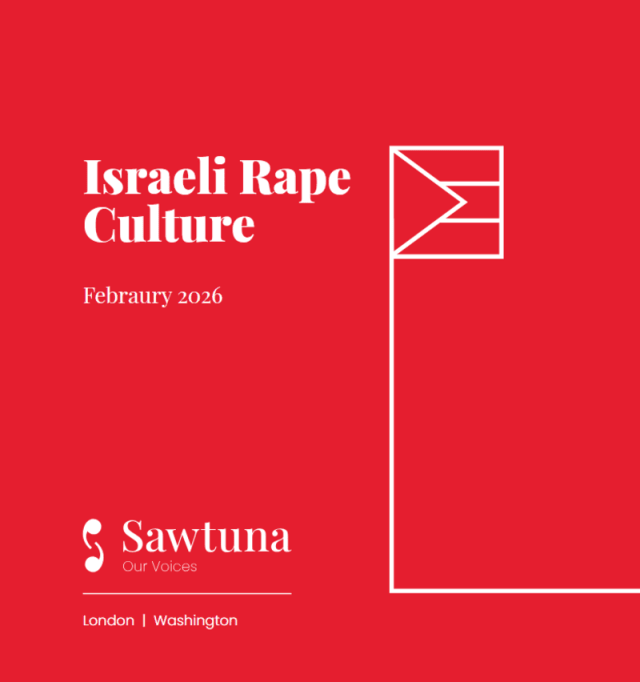
Israeli rape culture. Cultura israelí de la violación sexual. ENG ESP
Zionism is inherently imbued with rape culture. El sionismo como cultura de la violación
Publicado hoy.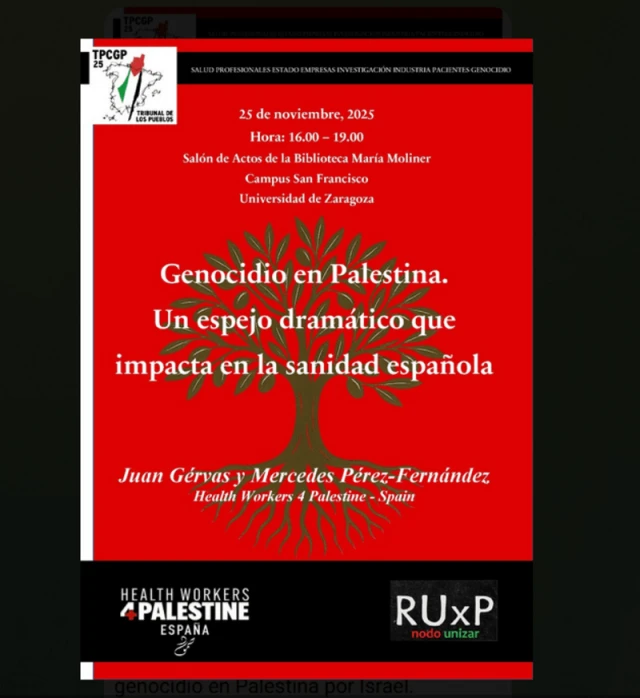
Vídeo. "Genocidio en Palestina. Un espejo dramático que impacta en la sanidad española" Vídeo 90 min
Encuentro en Zaragoza, preparación para el Tribunal de los Pueblos sobre la Complicidad con el Genocidio palestino en el Estado español TPCGP-25.
Publicado hace 2 días.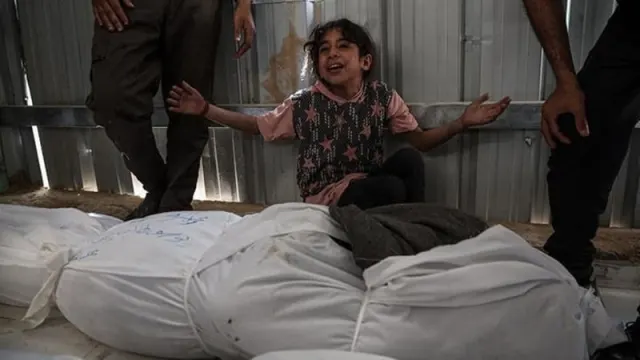
Gaza’s Orphan Crisis: 40,000. En Gaza, 40.000 huérfanos ENG ESP
40,000 children after losing one or both parents. 40.000 niños en Gaza sin uno o dos padres
Publicado hace 7 días.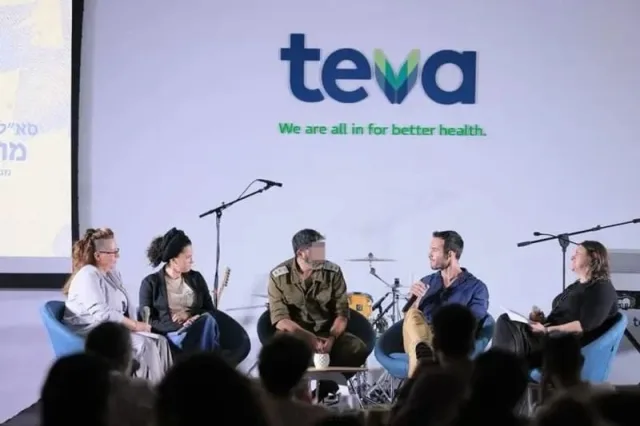
Teva y el ejército de Israel (IDF). Teva and the Israel Defense Forces (IDF). ESP ENG
Teva apoya directamente el genocidio palestino. Teva directly supports the genocide against Palestinians.
Publicado hace 14 días.
ICE operations (USA) versus Israel occupation of Gaza. EEUU, policía de inmigración versus Israel ocupación de Gaza. ENG ESP
“Imperial-colonial boomerang” in action. El «bumerán imperial-colonial» en acción
Publicado el 13 de febrero.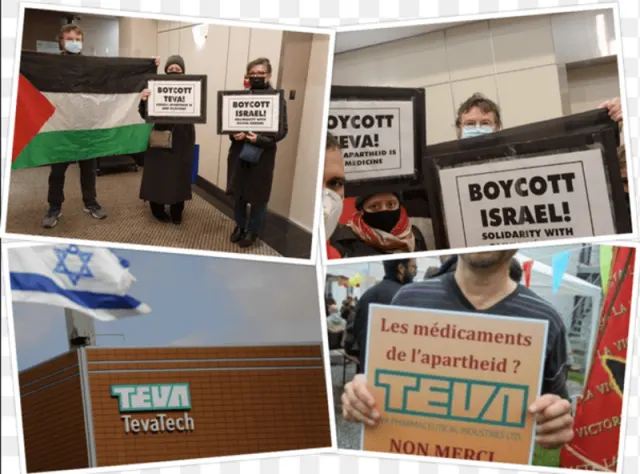
Teva, growing global backlash. Teva, boicot creciente ENG ESP
Teva: politics and business over compassion and ethics. Teva: política y negocio sobre compasión y ética
Publicado el 10 de febrero.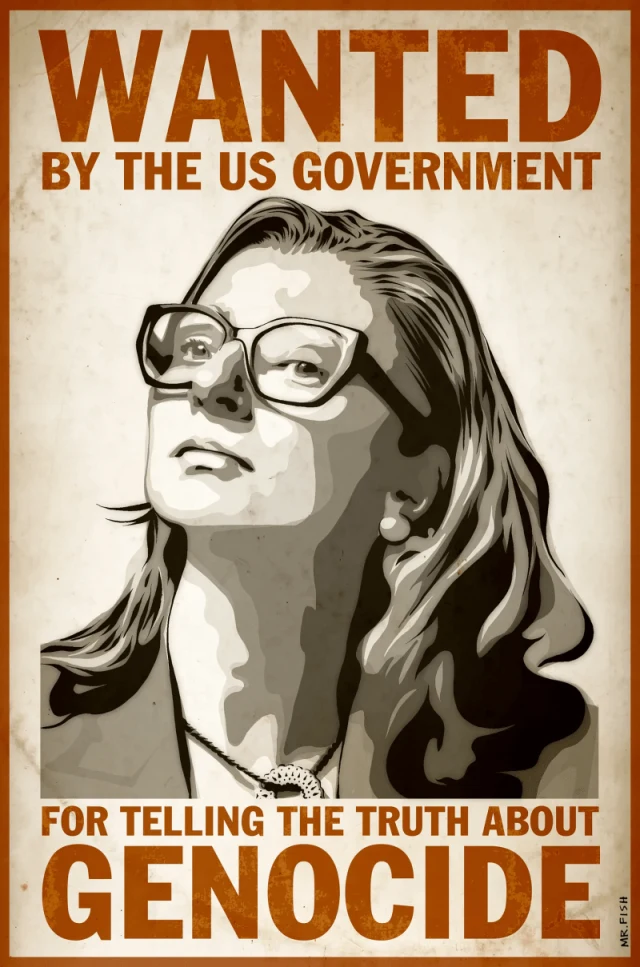
"Si Francesca Albanese es terrorista, yo también". "If Francesca Albanese is a terrorist, then so am I" ESP ENG
"Una relatora de derechos humanos de la ONU, tratadа como terrorista por documentar el genocidio en Gaza". "A UN human rights rapporteur, treated as a terrorist for documenting the genocide in Gaza"
Publicado el 9 de febrero.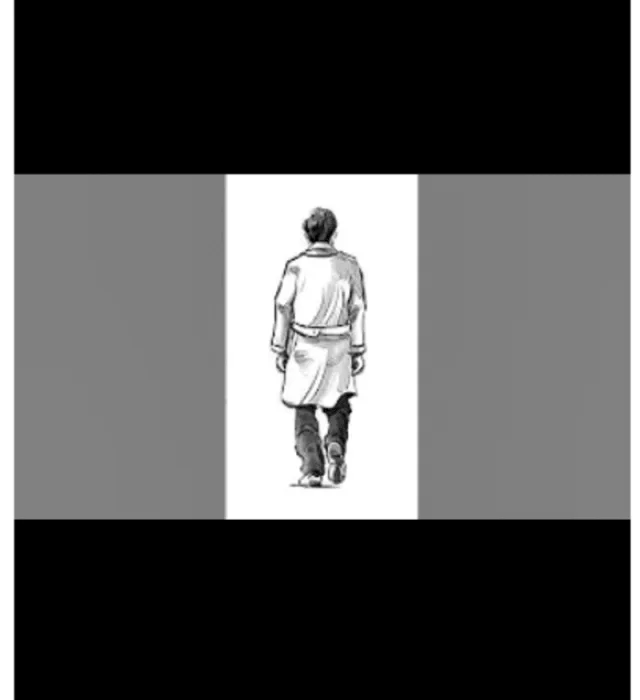
Vídeo, 60 sg. Dr. Hussam Abu Safiya. Lazos Rojos por la liberación de rehenes palestinos.
Campaña por la liberación de rehenes palestinos
Publicado el 7 de febrero.Ver más / See more


